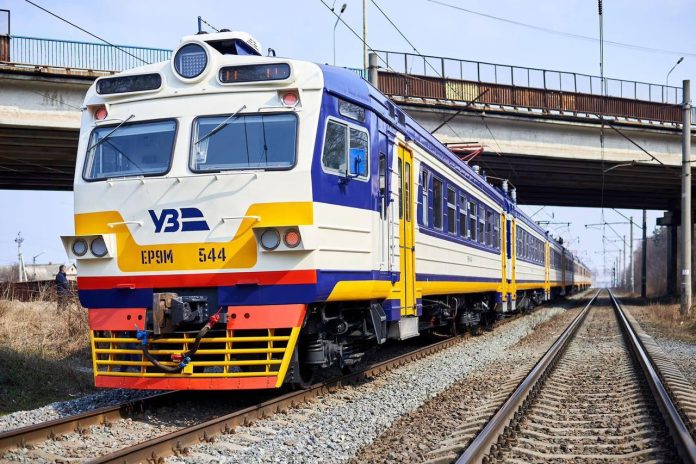The head of the Federation of Metallurgists of Ukraine (FMU) Sergey Bilenky expressed concern for the existing tariff system in Ukrzaliznytsia. In his opinion, this system, based on the definition of classes of cargo, has long been outdated and needs urgent viewing. Bilenky believes that the new system should be developed taking into account the real volumes of services provided by carriers and economically justified.
Requirements for a new tariff system
In his statement, Belenky emphasized that a new tariff system should take into account different costs for different industries. For example, it is important for grain to form echelons at different stations, while it is critically important for metallurgists and chemists to form echelons directly at enterprises with subsequent delivery to ports or border. According to him, it is important to form tariffs based on real costs, since it is absurd to demand payment for services that businesses do not receive.
European experience of tariffs
White also noted that the best option is a briefing model used in European countries. According to him, it provides a basic rate to which the coefficients are added depending on the services provided, for example, for the use of intermediate or sorting stations. It should also take into account the seasonality of cargo transportation.
EU requirements to tariffs
Bilenky stressed that the requirements of the European Union clearly indicate that the tariffs of natural monopolies should be economically justified. In the case of differences in the cost and volume of services, tariffs for different goods should also differ. He criticizes Ukrzaliznytsia's proposal for "harmonization" of tariffs, arguing that this approach does not correspond to any logic. According to him, such changes can lead to the entire industries that depend on the monopolist will be forced to pay for the services they do not use.
Ukrzaliznytsia plan on tariffs
Recall that Ukrzaliznytsia has submitted to the government a plan of "harmonization" of transportation tariffs, which, if accepted, can lead to a significant increase in the cost of transportation: by 52% for building materials, by 7% for ore and coal, as well as by 67% for the return of empty cars.
The President of the All -Ukrainian Union of Manufacturers of Building Materials Konstantin Saliy also expressed anxiety, noting that if tariffs for freight will increase, it will lead to an increase in prices for building materials, and discounts may become unattainable.


